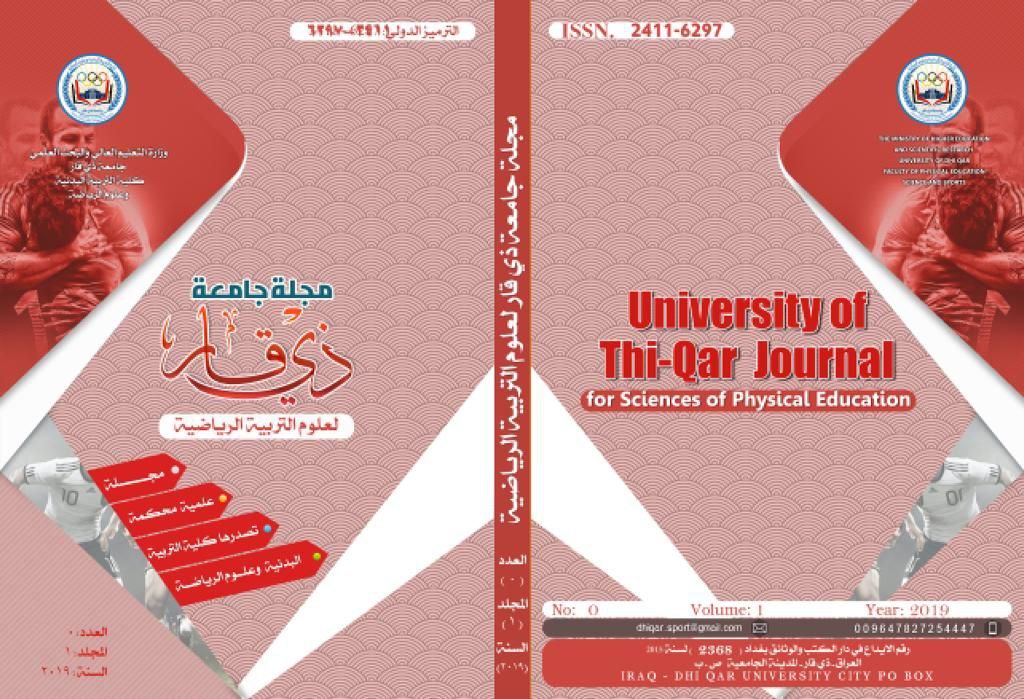he quality of the supportive environment in clubs and its impact on coaches' motivation towards developing training plans to improve sports performance in the game of tennis football
Abstract
The research aimed to identify the characteristics of the sports environment in tennis football clubs in Iraq, and to determine the level of quality of support provided to their members (players, coaches, administrators), and to identify the level of motivation of the coaches of tennis football clubs in Iraq towards developing their training plans aimed at improving sports performance, as well as to identify the nature of the relationship and the impact of the quality of the supportive environment in tennis clubs. The researcher relied on the descriptive approach in this research using both survey methods and relational relationships, and the researcher identified the research population of (174) players of football tennis clubs in Iraq distributed over (32) clubs, and the main research sample included all members of the research community, and the sample of the survey application included (10) players, while a sample of The preparation consisted of (98) players, while the application sample included (66) players, and in order to collect the data required for this research, the researcher prepared two questionnaires, the first to measure the level of supportive environmental quality in football tennis clubs, and the second to measure the level of motivation of coaches to develop training plans in them, and after applying the two questionnaires and extracting the results, the researcher concluded a set of conclusions, the most important of which are:
- The average result of the Supportive Environmental Quality Survey is that the current environment of football clubs does not provide adequate support for coaches and players, which negatively affects the quality of training, performance, and affiliation, and that the result indicates structural and administrative challenges that prevent the full potential of these clubs.
- The average score of the Coaches' Motivation Survey in football clubs indicates that coaches have a moderate motivation for development, which is due to factors such as lack of up-to-date knowledge, poor feedback, and limited opportunities to share experiences and use technology, which limits their ability to develop comprehensive and effective training plans.
- The quality of the supportive environment provided by tennis football clubs directly and positively affects the motivation of coaches to develop their training plans, which means that improving this environment is necessary to enhance the motivation of coaches and thus improve the level of training.
Downloads
Published
Issue
Section
License
Copyright (c) 2025 University of Thi-Qar Journal for Sciences of Physical Education

This work is licensed under a Creative Commons Attribution 4.0 International License.





